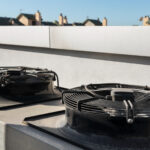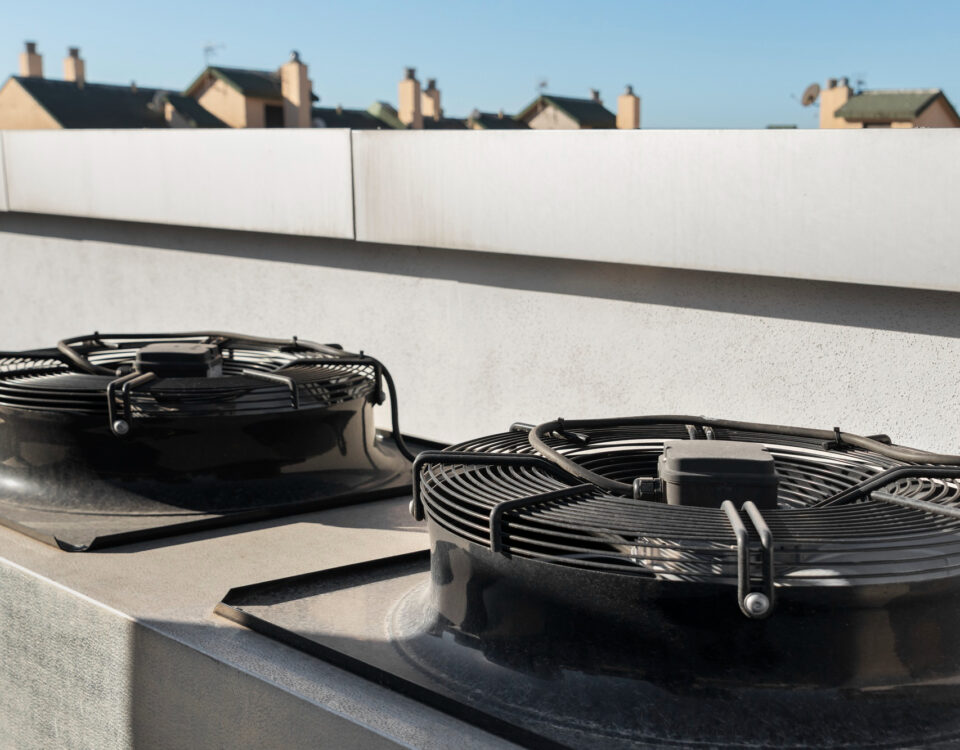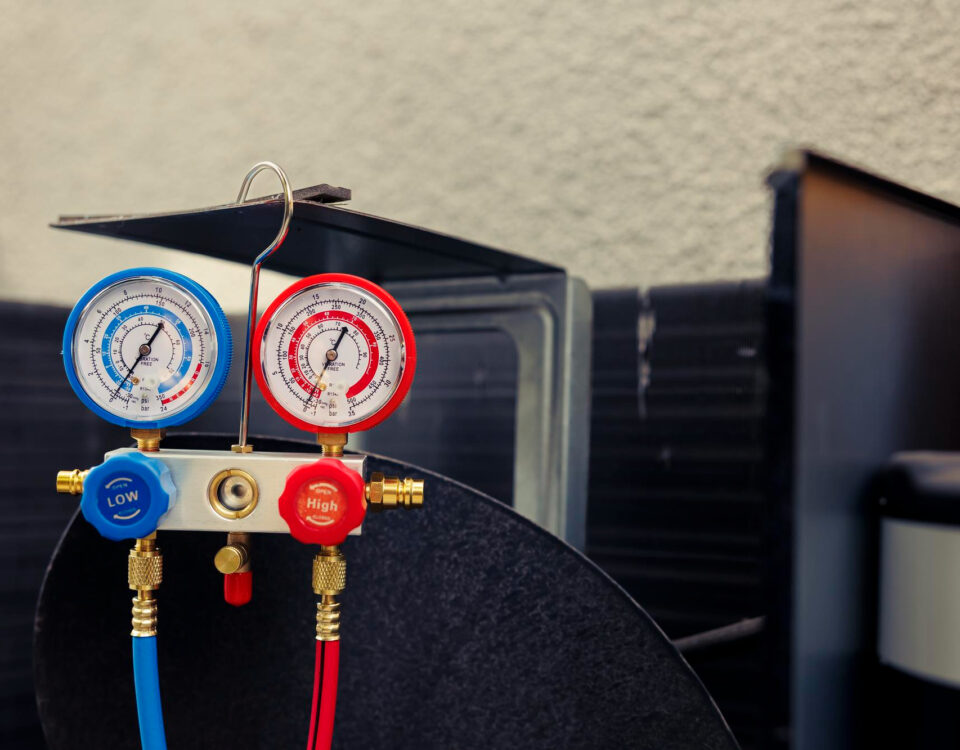
Understanding Compressors in Refrigeration
17 July 2025What’s New in HVAC? Industry News & Innovations –
31 July 2025When it comes to optimizing refrigeration performance, regular maintenance is just the beginning. Recognizing the signs that your compressor is in need of attention can mean the difference between seamless operation and an unexpected breakdown. Early intervention not only helps maintain temperature stability but also protects your investment and avoids costly repairs.
The compressor is the driving force behind any refrigeration system. Issues that go unnoticed can escalate quickly, impacting cooling efficiency, product safety, and energy consumption. Routine checks and watching for early warning signs allow you to keep your system running at peak refrigeration performance.
Common Signs Your Compressor Needs Maintenance
- Unusual Noises: Knocking, rattling, or loud humming often indicate loose parts, failing bearings, or motor problems.
- Increased Energy Consumption: A spike in energy bills without a change in usage can mean your compressor is working overtime due to lost efficiency or internal wear.
- Inconsistent Temperatures: If your storage temperature fluctuates or isn’t maintaining the setpoint, the compressor may be underperforming.
- Frequent Cycling: Short-cycling (rapid on/off) or unusually long running times can be a sign of pressure imbalances, refrigerant issues, or failing electrical components.
- Visible Oil or Refrigerant Leaks: Oil spots or pools near the compressor, hissing noises, or visible frost or condensation around lines could signify leaks that need immediate attention.
- Compressor Fails to Start or Stay On: Troubles with starting, frequent tripping, or sudden shutdowns point to electrical faults, capacitor issues, or overloads.
- Overheating Housing: A compressor exterior that feels excessively hot can signal inadequate lubrication, blocked airflow, or internal faults.
- Burning Smell: Unpleasant odors may be a warning of electrical problems or overheating parts.
Preventative Steps to Take
- Schedule Regular Inspections: Don’t wait for a breakdown—book periodic checks with certified technicians familiar with your compressor model.
- Replace Worn Components: Use quality parts from reputable suppliers like carsrefrigeration.com to replace gaskets, filters, and oil regularly.
- Monitor System Controls: Check thermostats and safety devices to ensure accurate temperature and pressure readings.
- Clean Condenser and Evaporator Coils: Dirty coils force compressors to work harder. Keeping them clean ensures optimal system airflow and efficiency.
- Act Fast on Early Symptoms: Address issues as soon as they arise; minor repairs are always less expensive than total compressor failure.
Supporting Your Maintenance Program
At carsrefrigeration.com, you’ll find a complete range of compressors for replacement or upgrade, along with premium filters, gaskets, and professional advice to keep your system reliable. Choosing the correct OEM components for your compressor ensures compatibility, safety, and prolonged equipment life.
Staying attentive to the warning signs of compressor distress is key to maintaining refrigeration performance. Early detection and a proactive maintenance schedule protect against unexpected downtime and safeguard the goods you rely on your refrigeration system to preserve. Make compressor health a priority, and let Cars Refrigeration supply the parts and support you need for peace of mind and operational success.


